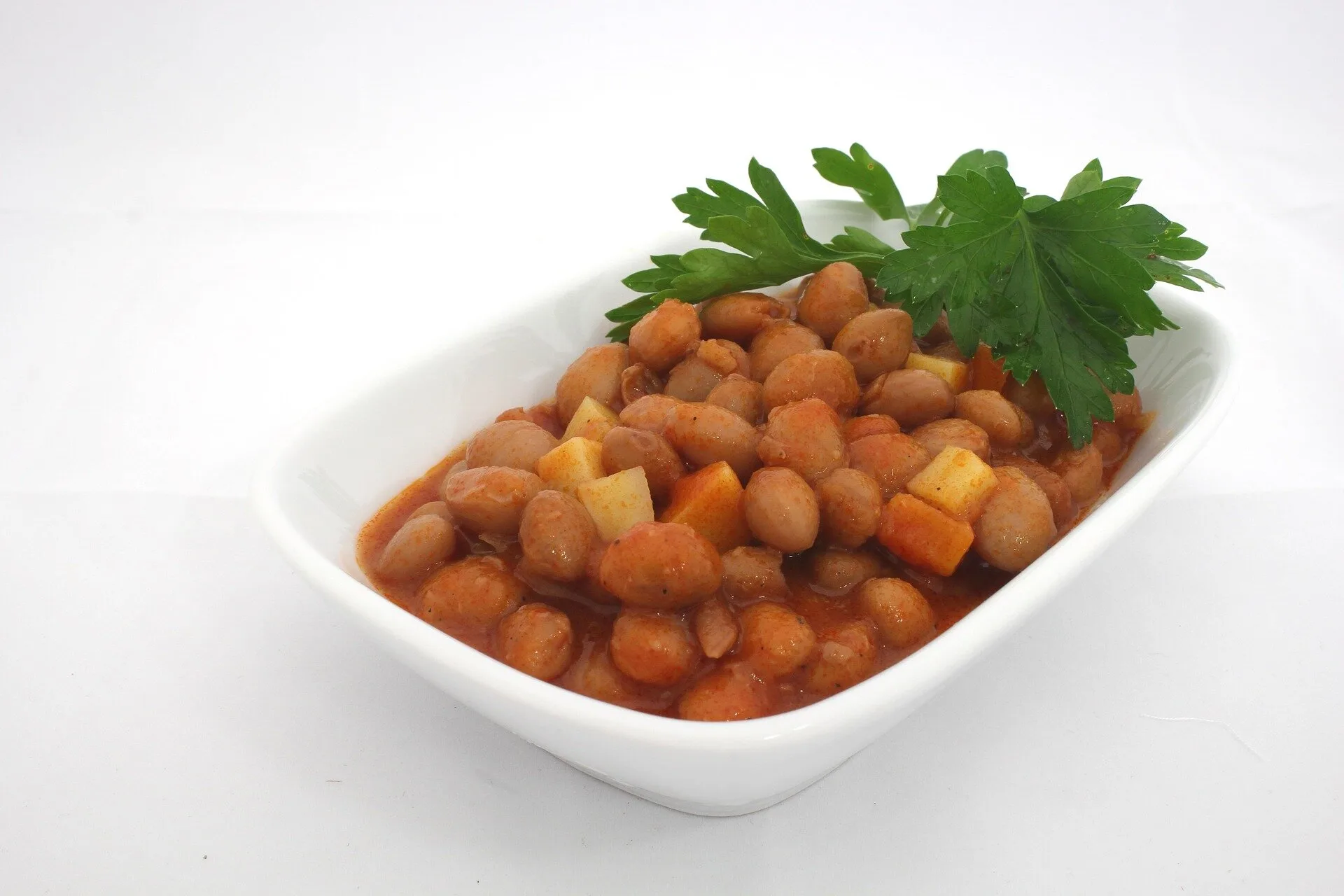Plant-Based, High-Fiber Diet Shows Promise in Multiple Myeloma Prevention
Exciting new research indicates that a diet rich in plant-based fiber could be a powerful tool in helping individuals at risk of developing multiple myeloma. This blood cancer, the second most prevalent, may potentially be prevented or delayed through dietary changes, according to a recent clinical trial.
The Study: Feasibility and Positive Reception
The study focused on assessing the practicality and patient acceptance of a high-fiber, plant-focused diet. The results were encouraging, demonstrating that such a dietary approach is not only achievable but also well-tolerated by participants.
Key Benefits Observed
Beyond feasibility, the study highlighted improvements in several health markers that are thought to influence the progression of precancerous conditions associated with multiple myeloma. These improvements suggest a potential to slow down or even prevent the development of the disease.
Specific Improvements Include:
- Improved gut health, fostering a beneficial microbiome.
- Reduced inflammation throughout the body.
- Enhanced immune system function.
Implications for At-Risk Individuals
These findings offer a promising avenue for individuals identified as being at higher risk of developing multiple myeloma. By adopting a diet rich in plant-based fiber, they may be able to proactively influence their health and potentially reduce their risk.
Final Overview
The research underscores the significant role that diet can play in managing and potentially preventing multiple myeloma. A high-fiber, plant-based approach appears to be a feasible and beneficial strategy for those looking to mitigate their risk, warranting further investigation and consideration in preventative healthcare strategies.




+ There are no comments
Add yours